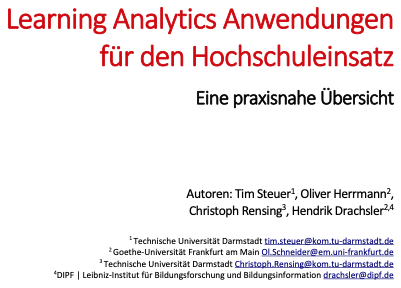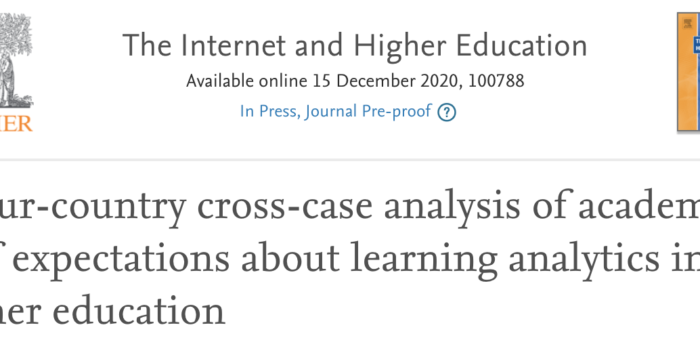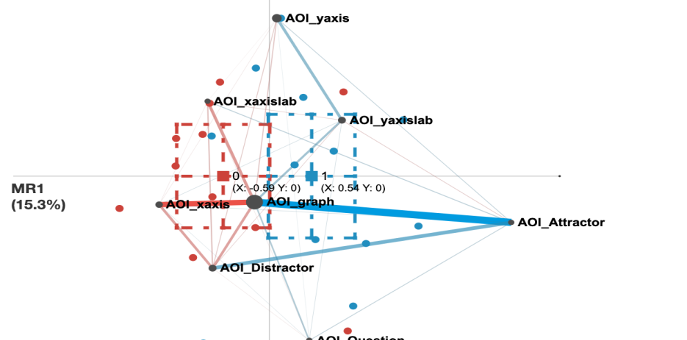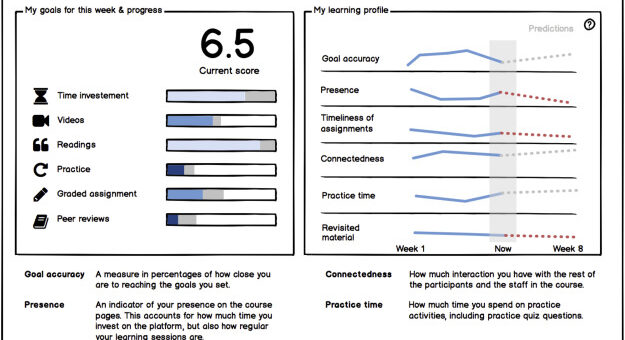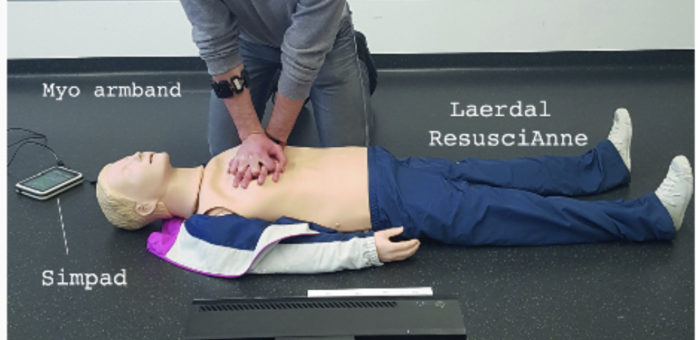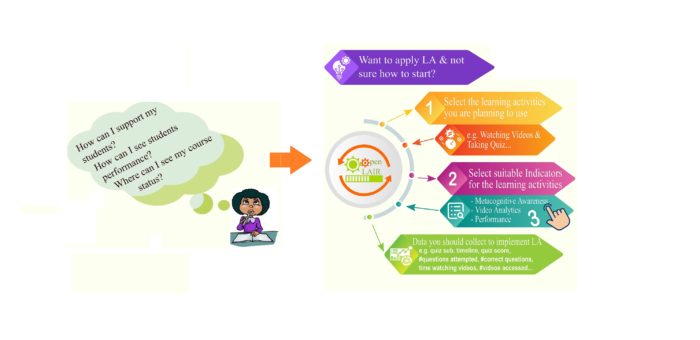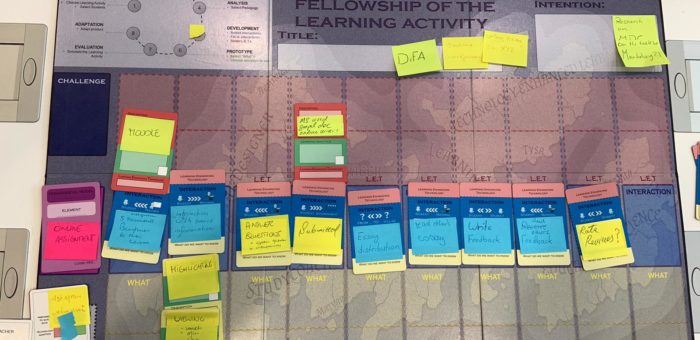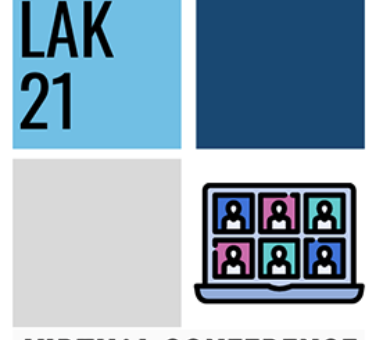
Best Paper award @LAK21 – Quantum of Choice
Learning analytics dashboards (LADs) are designed as feedback tools for learners, but until recently, learners rarely have had a say in how LADs are designed and what information they receive through LADs. To overcome this shortcoming, we have developed a customisable LAD for Coursera MOOCs on which learners can set goals and choose indicators to monitor. Following a mixed-methods approach, we analyse 401 learners’ indicator selection behaviour in order to understand the decisions they make on the LAD and whether learner goals and self-regulated learning skills influence these decisions. We found that learners overwhelmingly chose indicators about completed activities. Goals are not associated with indicator selection behaviour, while help-seeking skills predict learners’ choice of monitoring their engagement in discussions and time management skills predict learners’ interest in procrastination indicators. The…

